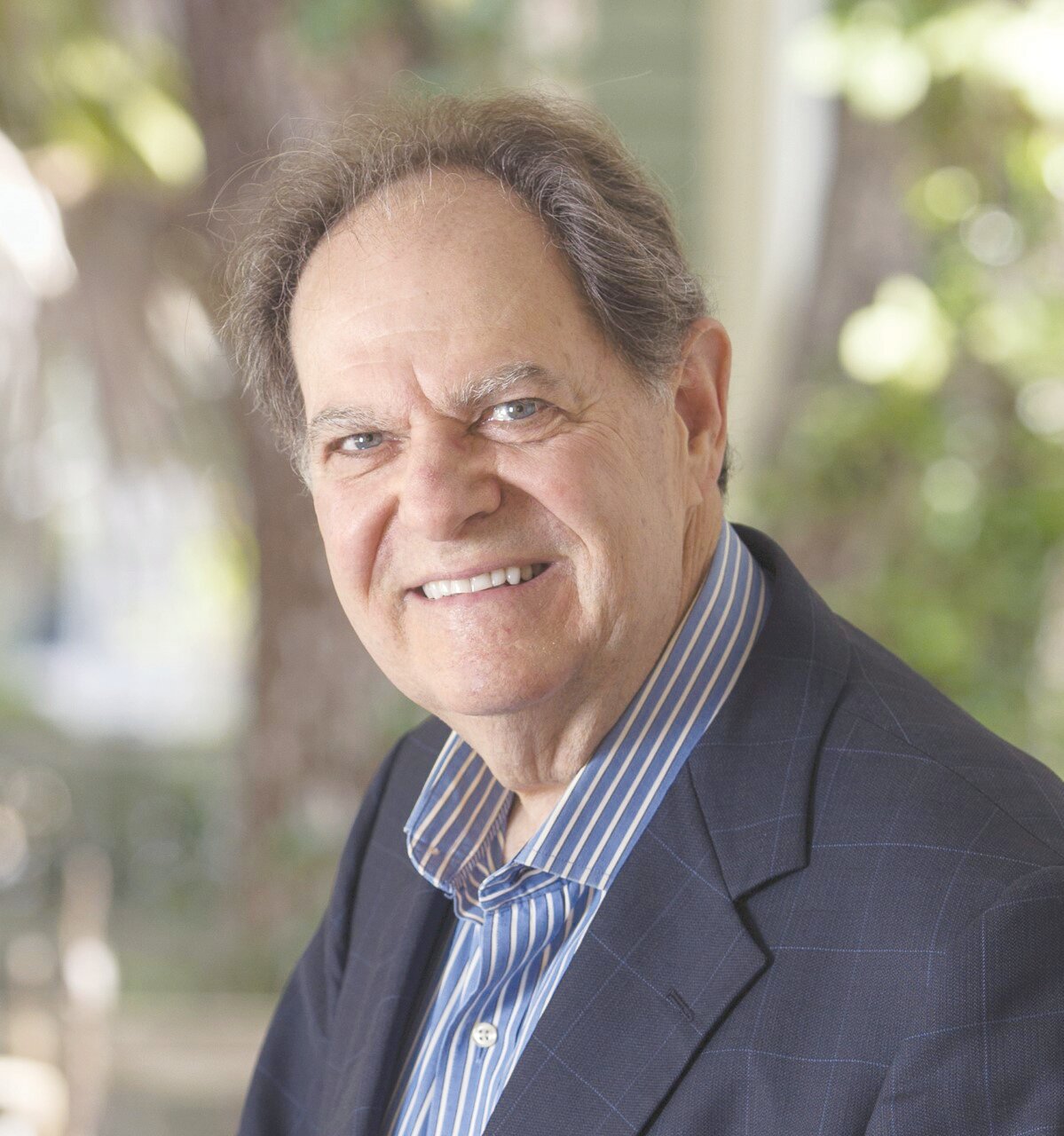A new mother’s wisdom embraces love, care for all children
Both Russian immigrants, Aaron Cohen and Minnie Golub lived in the same five-story tenement house on Mercer Street in New York’s Lower East Side. They knew each other only by sight. Since a formal …
This item is available in full to subscribers.
Attention subscribers
To continue reading, you will need to either log in to your subscriber account, below, or purchase a new subscription.
Please log in to continueDon't have an ID?Print subscribersIf you're a print subscriber, but do not yet have an online account, click here to create one. Non-subscribersClick here to see your options for subscribing. Single day passYou also have the option of purchasing 24 hours of access, for $1.00. Click here to purchase a single day pass. |
A new mother’s wisdom embraces love, care for all children
Both Russian immigrants, Aaron Cohen and Minnie Golub lived in the same five-story tenement house on Mercer Street in New York’s Lower East Side. They knew each other only by sight. Since a formal introduction was the respected custom, Aaron’s sister dutifully introduced them in the Summer of 1915.
At ages 25 and 24, Aaron and Minnie were the oldest single children in their families. Many around them wondered, “What are they waiting for?” as most of their peers were already married. Once the spark was ignited, however, they courted, married, and Minnie became pregnant in three months.
Minnie’s pregnancy was without unusual problems, but it was decided she would not deliver at home in their apartment. She arrived at the Lying-In Hospital of New York on Second Ave. a week before her expected due date and was led to a bright and airy ward which she shared with seven other women.
Two of the women had already delivered their babies but stayed on just to be certain all was well. Minnie, at 25, was the eldest. The two youngest were 16 and 17, one of whom had a complicated pregnancy. That girl was two weeks past her due date, hurting and afraid.
It was early morning when the sleeping women were jolted awake by the screams. Two nurses rushed in and wheeled the 17-year-old girl off. The others were silent, filled with fear. They looked to their “new big sister,” Minnie, for comfort.
After 20 minutes punctuated by painful moans, horrific shrieks, and a brief chilling silence, there was a baby’s yelp. A nurse rushed into Minnie’s beside and whispered that the young mother died after delivering a healthy girl.
Minnie immediately told the others, who were paralyzed with shock. She ends the news-telling with plans for a breastfeeding system for the hungry newborn. Minnie was a natural networker before the concept was defined in the advocacy literature.
My mother, Ruth, was born the next night, June 30, 1916.
News of the birth spread to out-of-town families via telegram. The following day with telegram and sack lunch in hand, Minnie’s cousin Hannah took the ferry from New Jersey to pay a visit. Entering the large room, she saw two babies at Minnie’s bed.
The cousin said, “Minnie, the telegram didn’t say twins!” Minnie whispered and told the story of the young mother who died in childbirth.
The cousin looked at the nursing baby, then briefly examined the crying creature in the bassinet, and said, pointing to the baby at Minnie’s breast, “Your baby is far prettier.”
“That one is mine,” laughed Minnie, pointing to the crying one.
“You leave your own to cry while you feed a stranger’s baby?” the cousin whispered. “Yes. There’s a baby with no mother, maybe no home. Mine can cry for a few minutes. She has both.”
She motioned the cousin to draw closer, her eyes darting around the room.
“This is to show an example to them, those other girls. If we think just of ourselves and our babies, not only will others needlessly suffer, but so will our own. We all need someone else at some time. This is good practice for being a good mother.”
Hannah understood. Minnie’s philosophy was simple. Care for your own, but care about others, too. Minnie believed we are all connected in some way under God’s watchful eye, but we are obligated to take action to help others – the gifts we give reward the receiver and giver both.
Jack Levine, Founder of the 4Generations Institute, is a family policy advocate based in Tallahassee. He can be reached at jack@4gen.org.







